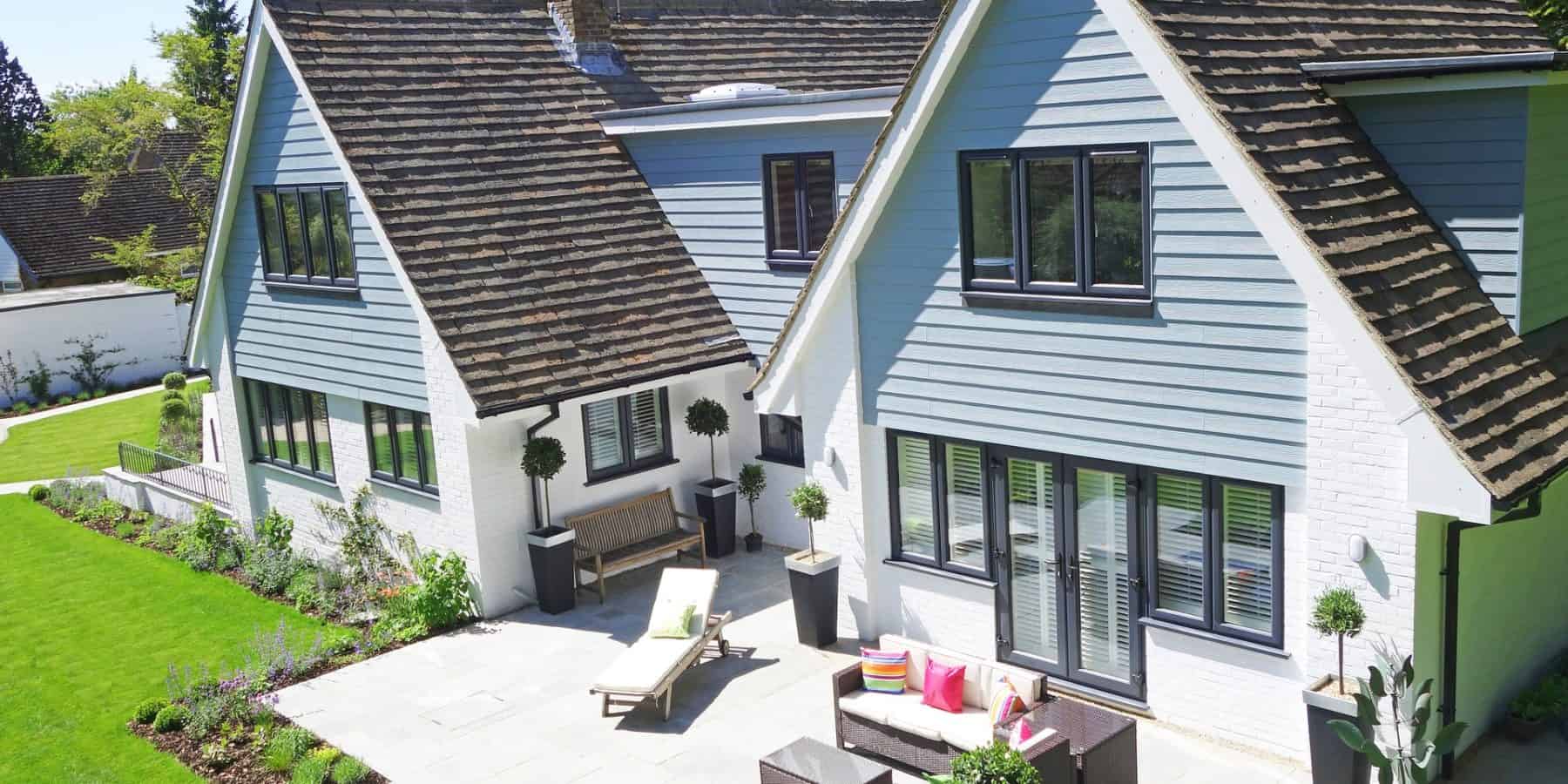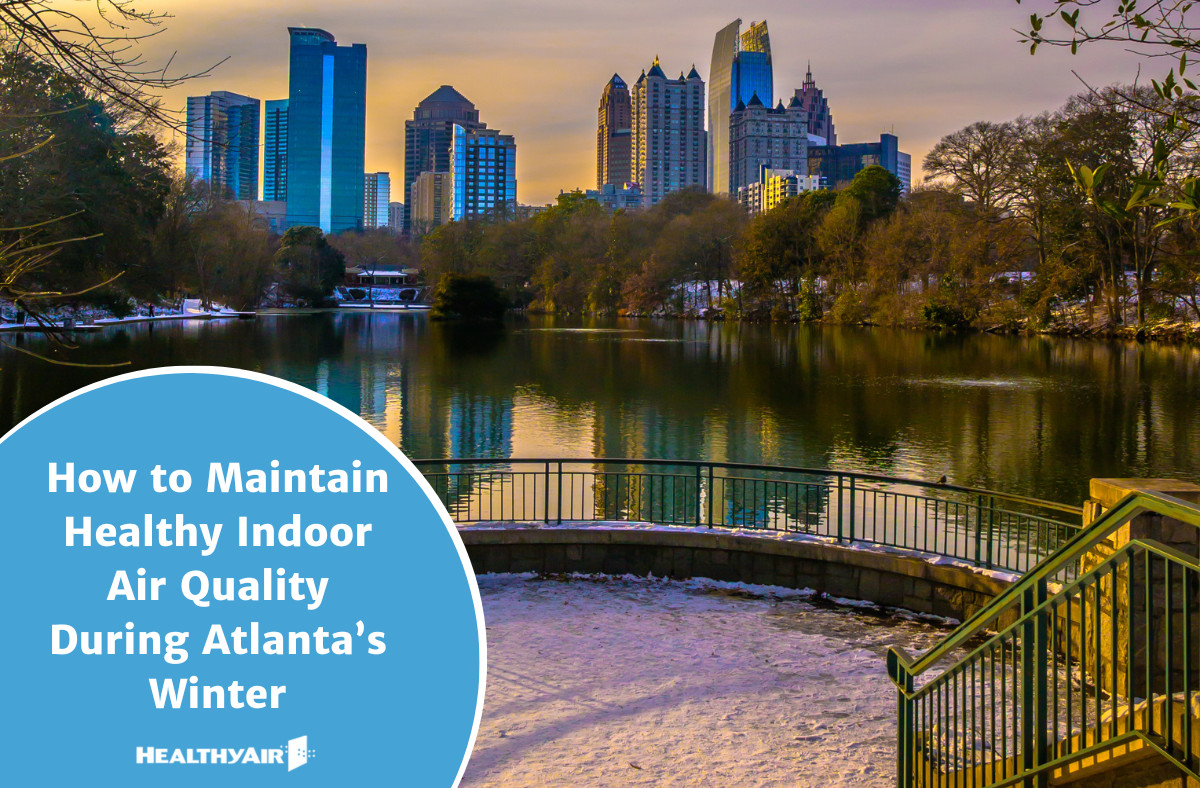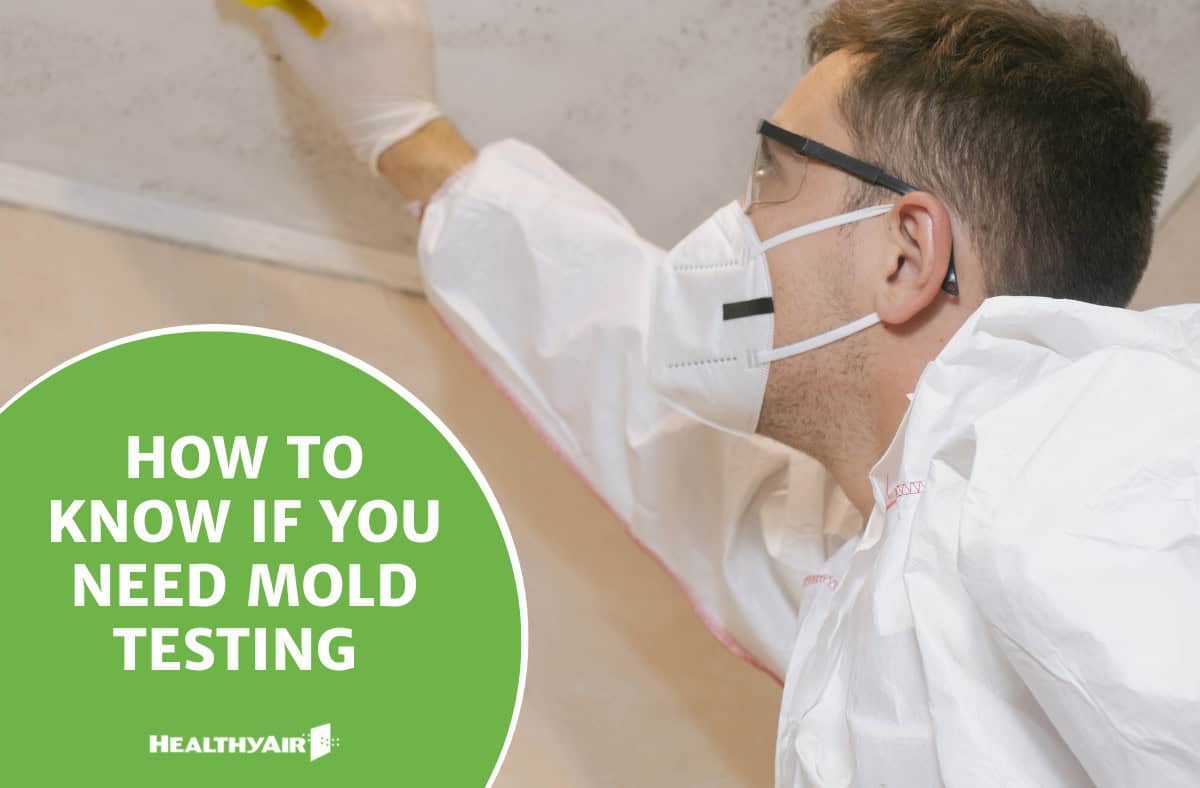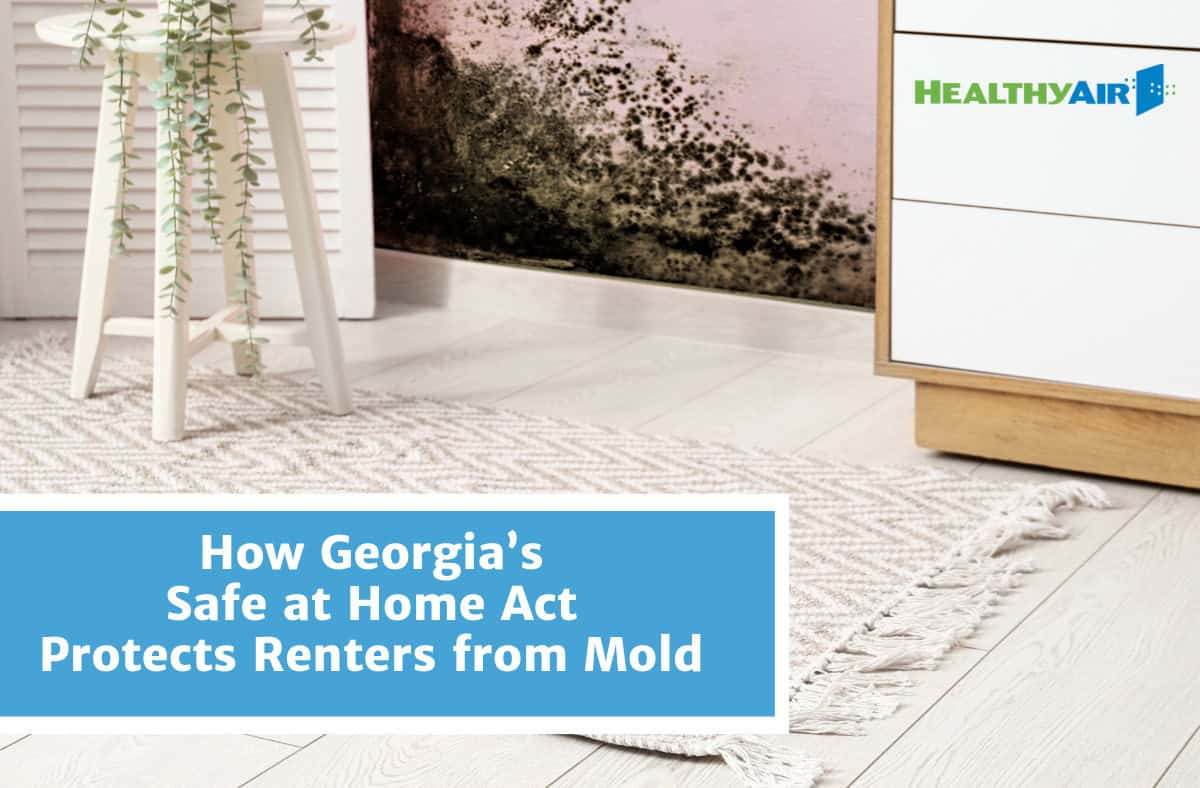HVAC Systems: A Double-Edged Sword

HVAC Systems: A Double-Edged Sword
The twentieth century brought us a wealth of technological advances that made our lives more comfortable: airplanes, cars, remote controls, TVs, computers, cell phones and more. It no longer takes weeks to travel to Tokyo, Japan or Sydney, Australia. We can hop on a plane and be there in a day. We no longer have to go home or find a pay phone to call a friend. With a twist of a key or a click of a button, humankind has found ways to make our lives easier and more luxurious.
The Comforts of Home thanks to Technology
For the most part, we take these technological advances for granted because they have become such an integral part of our lives. We accept them as being advantageous because they have made our lives easier. But as we all know, nothing in life is black and white – there are shades of gray tucked into every situation we face. The comforts of technological advances are no different.
Ray Bradbury, a well-known American author, was particularly fascinated by this idea. He centered many of his short stories and novels around the theme that technological advances if left unchecked, could wreak havoc on modern society. Hollywood also turned its focus to this theme through blockbuster movies like AI, Wall-E, and The Matrix, illustrating how technology can be a double-edged sword. The technological advances in our own lives do not have this much of a dramatic effect, but the result is there nevertheless.
The Good and Bad of Air Conditioning
The invention of the HVAC system has made our lives substantially more comfortable here in Georgia. No longer do we have to bear the heat in those scorching summer months or make haste to the nearest fireplace during the chilly winter. We have sealed out the harsh temperatures and wrapped ourselves into the contained, mild environment of our homes.
There is nothing quite like stepping indoors to escape the extreme temperatures; the ability to breath in and feel your sweat dissipate or peel off heavy layers of clothing and feel the cold leave your fingers. What we are going to examine is the price we pay for that comfort.
Take a Deep Breath
Obviously, there’s the financial aspect of it. But is there another issue that is hidden, one that you are not aware of? And if it is hidden, how do we find it? The answer is pretty simple. Air quality and mold testing can reveal a lot about the health of your home. But we have an easy place to begin: take a deep breath inside your home. Does it feel like you are breathing in fresh air? More than likely, you aren’t. Does it feel like the humidity in Atlanta is leading to problems with mold? It may be.
Indoor Moisture Can Breed Fungi and Bacteria
Let’s think about it: you’ve effectively sealed yourself in an enclosed area. The HVAC system, running year-round, blows out the same recycled air. Over time, your air conditioner also produces condensation on its surface, negatively affecting your indoor air quality as that moisture gives life to fungi and bacteria. Then, other things like dust, particles, and pollutants stay indoors because they can’t escape that sealed environment. What about chemicals from cleaning supplies sprayed throughout the kitchen and bathroom? Yes, they stay there with you too: invisible but still in the air.
So, that can be the price for the comforts of home: lower indoor air quality. Luckily, there are steps you can take to improve your indoor air quality. It begins by getting a basic assessment done so you can see what is affecting your indoor air quality and determine what to do to get healthy air again.
Is Your Air Quality Affecting Your Health?
A licensed environmental engineer from Healthy Air USA will screen for the following items in the air quality testing: particulate load, temperature, humidity, volatile organic compounds (VOCs), formaldehyde, ozone, carbon monoxide, nitrogen dioxide, and ions. You will receive a report after the assessment is done. If there are issues that are concerning, particularly ones that may be affecting your health, the report will also provide a proposal on how to resolve the problem at its point of origin so that it doesn’t reoccur. So, if you suspect that your indoor air quality is not what it should be, please call Healthy Air in Atlanta at 770-205-1710.



